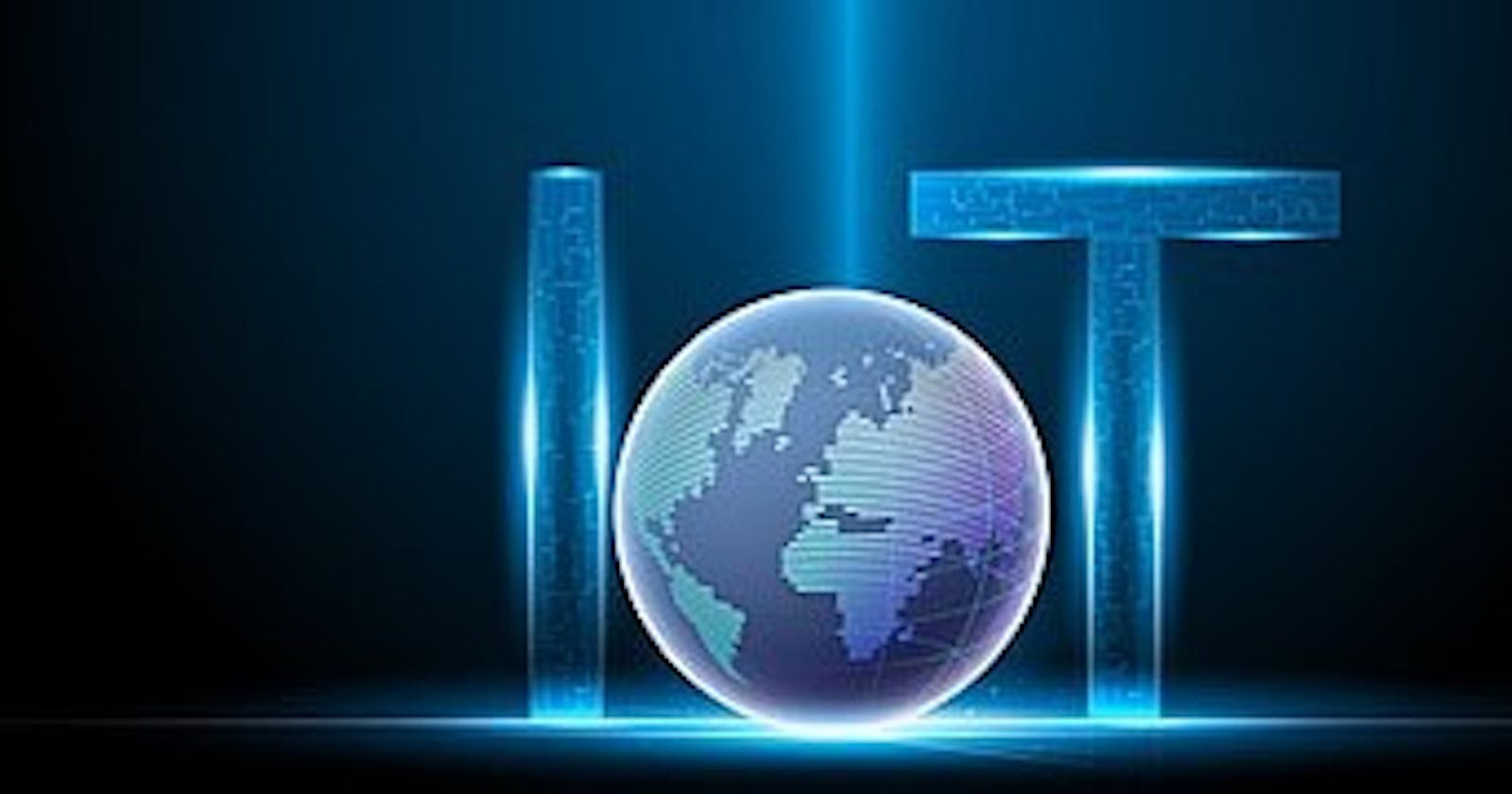Introduction:
The Internet of Things (IoT) is a technological revolution that has transformed the way we interact with the world around us. It has disrupted traditional industries, improved efficiency, and enhanced our quality of life. In this blog, we'll explore the fascinating world of IoT, its impact on various sectors, and the challenges and opportunities it presents.
What Is IoT?
IoT refers to the interconnectedness of everyday objects and devices through the internet. It involves the use of sensors, data analytics, and communication technologies to gather and share information. These "smart" devices can range from household appliances and industrial machinery to wearable fitness trackers and autonomous vehicles. The data collected from these devices is used to enhance decision-making, automate processes, and improve user experiences.
Applications of IoT:
IoT has found applications in various sectors, revolutionizing the way businesses and individuals interact with their environment:
1- Smart Homes: IoT enables homeowners to control lighting, security systems, thermostats, and more using smartphones or voice commands. this not only enhances convenience but also promotes energy efficiency and security.
2- Healthcare: Wearable IoT devices like smartwatches and medical sensors can continuously monitor vital signs, providing real-time health data to both patients and healthcare providers.
3- Agriculture: IoT-based precision agriculture uses sensors and data analytics to optimize crop management, irrigation, and livestock tracking, leading to increased yields and reduced environmental impacts.
4- Smart Cities: IoT technology helps cities manage traffic flow, reduce energy consumption, and enhance public safety through smart transportation systems, energy grids and surveillance.
5- Environmental Monitoring: IoT devices are used to monitor air quality, water quality, and wildlife behavior, aiding in environmental conservation efforts.
Challenges and Concerns:
While IoT has the potential to transform industries, it also presents various challenges and concerns:
1- Security: The interconnected nature of IoT devices makes them susceptible to cyberattacks and data breaches. Ensuring robust security measures is a constant challenge.
2- Privacy: The collection of vast amounts of data raises concerns about users' privacy and how this information is stored, accessed, and utilized.
3- Interoperability: Many IoT devices are produced by different manufacturers, leading to compatibility issues. Standardization is essential to ensure seamless connectivity.
4- Scalability: As IoT networks grow, scalability becomes a concern. Scaling up infrastructure and handling a massive amount of data can be challenging.
5- Energy Efficiency: IoT devices often rely on batteries and improving their energy efficiency is crucial to ensure their longevity.
Opportunities for the Future:
The future of IoT is promising, with several exciting opportunities on the horizon:
1- Edge Computing: Processing data closer to the source (at the edge) will reduce latency and improve the efficiency of IoT systems.
2- 5G Connectivity: The rollout of 5G networks will provide faster and more reliable connections, enabling the growth of IoT applications.
3- Artificial Intelligence: Integrating AI with IoT will enhance predictive analytics, automation, and decision-making capabilities.
4- Environmental Impact: IoT can contribute to sustainability efforts by optimizing resource use and reducing waste.
5- Healthcare Advancements: IoT can lead to more personalized and remote healthcare solutions, increasing accessibility and quality of care.
Conclusion:
The Internet of Things (IoT) is reshaping the way we live, work, and interact with our environment. As IoT technology continues to evolve, it holds the potential to drive innovation, improve efficiency, and address critical global challenges. However, as with any transformative technology, addressing security and privacy concerns will be paramount to ensure a safer and more connected world.

